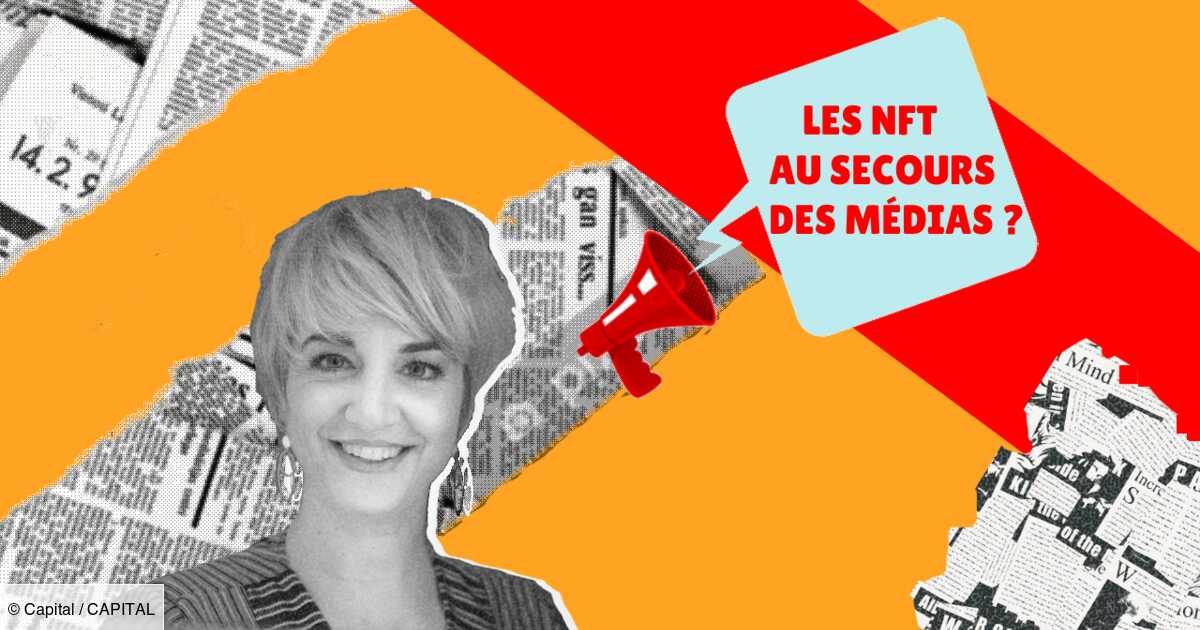© Capital
– Bluene Chaye, founder and director of Blu Consulting.
In France as in Europe, the fair promotion of information is a challenge that the media industry alone has managed to overcome, usually thanks to public money or the wallets of its owners. And the indicators for 2024 still testify to one further decline in media consultation for streaming and social networks. Their decline could accelerate further with generative AIs that collect media data to feed their models, without paying any royalties or copyrights…
It is for this reason that late last year the New York Times sued OpenAI and Microsoft for copyright infringement, opening a new front in the intense legal battle surrounding the unauthorized use of published content for training artificial intelligence. intelligence technologies. The Times is the first major media outlet to sue ChatGPT over copyright issues related to written works. The complaint, filed in court in Manhattan, says millions of articles published by the Times were used to train chatbots that now compete with the news channel itself as a trusted news source.
NFT, a content tracking technology
But couldn’t such a dispute be resolved with the content traceability that NFTs now enable?
NFTs, or non-fungible tokens, are a blockchain-based technology that allows unique ownership of a digital asset to be assigned and verified. They are commonly used in digital art and other forms of digital creation to establish the authenticity and ownership of a work. Blockchain thus provides traceability and transparency, which can be useful for tracking content usage and distribution.
When it comes to protecting internet content from being used by generative artificial intelligence (such as natural language processing or image creation models), NFTs can help prove ownership of an original digital work. It could therefore be relevant to use them to determine the origin of content reused by an AI and to claim authorship in the event of a dispute.
Of course, NFTs won’t replace the copyright system. Copyright is a form of automatic legal protection that applies to original works by the author. NFTs will not automatically be able to grant copyright, but they can serve as additional evidence within the existing legal framework.
Of course, NFTs cannot technically prevent an AI from copying or using content. Current media are based on the announcement of the robots of ChatGPT and OpenAI, but there is no existing technique that is 100% infallible because of the nature of the features available on the Internet, which are associated with NFT or NFT No. For an NFT to identify media content, AI systems would need to be programmed to recognize and respect the rights associated with NFTs, which would entail shared governance and standards among AI developers. We’re not there yet, but we’ll see the AI law in EuropeAI legislation is making great progress. Future legislation could then require AI developers to meet certain copyright and intellectual property standards. In this context, an AI that wants to access the data could then itself activate a micropayment to pay for the usage rights and compensate the author.
NFTs are not yet a silver bullet for protecting content from being used by generative AI, as this requires a combination of technological, legal and ethical solutions, but blockchain technology could provide one of the building blocks that will allow traditional media to track and monetize their content to deserve. used by generative AI.
So, after the years of Web2, where free content sharing on the Internet certainly contributed to the industry’s decline in revenues, the arrival of Web3 and NFTs could seem like an unexpected savior for an already struggling industry. and ‘all undermined by the rise of AI.

